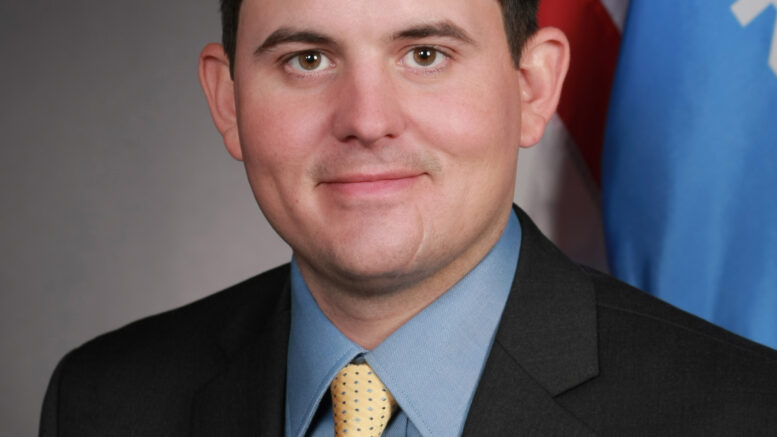The first session of the 58th Legislature convened Feb. 1. The first month of session is generally devoted to committee work, which we just wrapped up for all House bills. Of the 1,987 bill and joint resolutions filed for this session, we advanced 503 of those out of committee.
The next two weeks will be devoted to voting on many of those on the House floor. The ones that pass by March 11 will advance to the Senate, and then the House will begin hearing Senate bills.
All of the measures I filed this session passed out of committee and now are eligible to be heard by the entire House. Just because a bill passes committee doesn’t mean it will get a floor hearing, but I’m hopeful for my legislation.
At the same time we are voting on policy measures, we’re busy drafting the state budget. The Board of Equalization recently certified $9.6 billion in state revenue for Fiscal Year 2022; $1.7 billion is in one-time non-recurring funds, though, so the board approved a constitutional limit of $7.9 billion for the Legislature to appropriate. We appropriated $7.8 billion in FY21, so in effect, this will be a flat budget year. This is actually remarkable considering the global pandemic and the initial fears for the economy. We were able to achieve this budget because House leaders last year chose not to spend everything we had available to us. Our hard work to shore up our savings paid dividends for us this year.
This budget will allow us to shore up state services, including education, health care, transportation, public safety and other areas; pay for Medicaid expansion, which voters approved last June; replenish some state reserve funds; and maybe even consider some tax relief for our citizens. Our overall goal is to make Oklahoma a family and business friendly with a stable economy and a growing number of jobs.
Oklahomans recently endured one of the most brutal storms we’ve had in quite some time, both in terms of extremely low temperatures and the length of time they remained below freezing. Many people experienced rolling blackouts, low-pressure or no water altogether and other challenges. In rural agricultural communities, like ours, this was a particularly tough blow because of our livestock. The Legislature and the governor’s office as well as several other state officials are looking into what can be done to provide utility relief in the coming months as we begin to see higher bills because of increased usage and higher costs for energy. We’re also looking at ways we can be better prepared for these events in the future.
Part of the problem was the entire nation experienced this extreme weather all at the same time. Normally, we can borrow power from neighboring states if needed and they can do likewise. In this event, we were unable to do that. The governor declared a statewide emergency before the storm hit, and the federal government has granted that status, so there is some agriculture and loan relief available for those that might need it.
If I can do anything to help or to get you information, please feel free to reach out to my office at (405) 557-7332 or email me at john.pfeiffer@okhouse.gov.




Be the first to comment on "Rep. Pfeiffer: First session of the 58th Legislature"